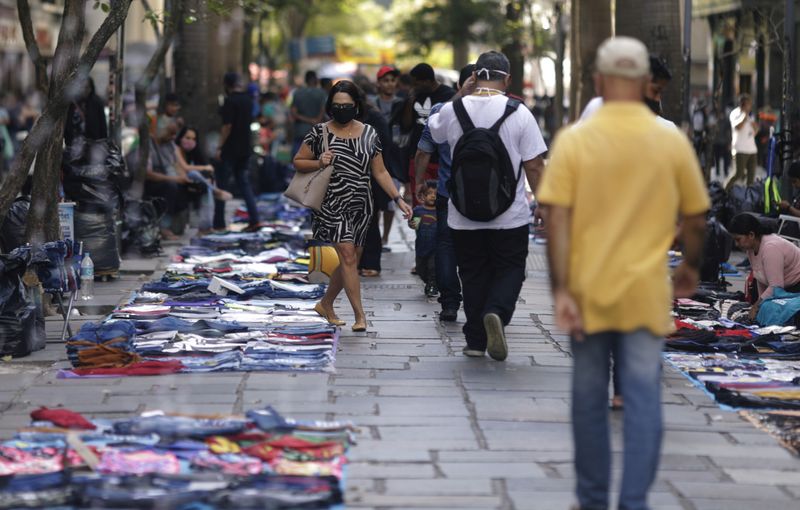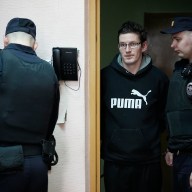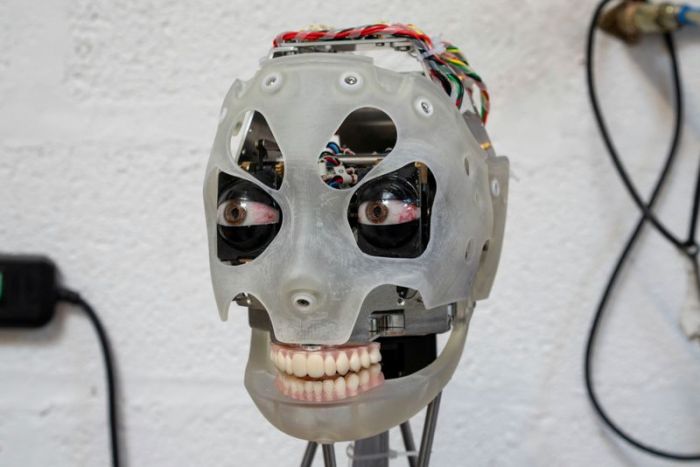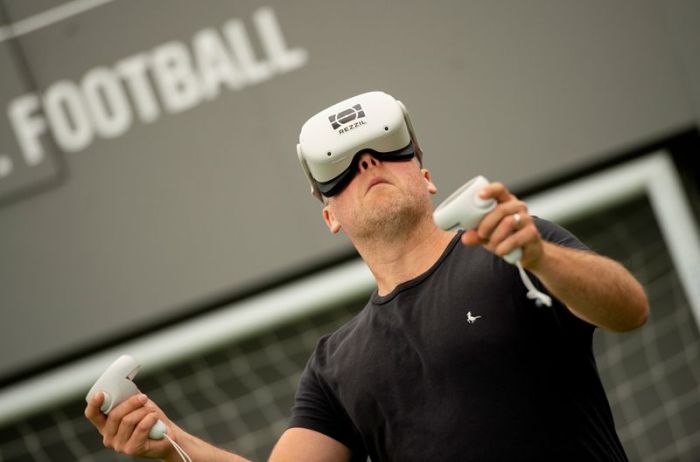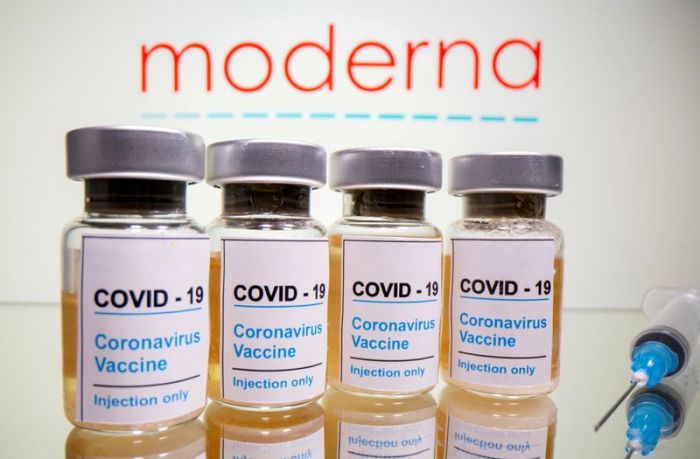BRASILIA (Reuters) -Brazil’s economy contracted slightly in the three months to June, government statistics agency IBGE said on Wednesday, stalling more than expected as a second wave of the pandemic hurt demand.
The 0.1% decline in Brazil’s gross domestic product from the prior quarter was worse than the median forecast for 0.2% growth in a Reuters poll and marked a sharp slowdown from 1.2% growth in the first quarter.
Brazil’s economic rebound sputtered as a severe second wave of COVID-19 cases triggered restrictions in major cities during April and May, hurting household consumption and manufacturing.
Still, more government spending and services activity helped avoid a wider downturn, offsetting a drop in fixed investments and weaker agricultural output during a weak coffee harvest.
Inflation has also surged during the recovery, triggering aggressive interest rate hikes https://www.reuters.com/article/brazil-economy-rates-idUSL1N2PB39E by the central bank and weighing on the outlook for next year, when President Jair Bolsonaro faces an uphill battle to win re-election.
Central bank chief Roberto Campos Neto told lawmakers the latest GDP data could lower the market consensus outlook for growth this year.
“With today’s number, we think there may be a slight downward revision. Let’s see,” he told a congressional hearing.
However, the Economy Ministry’s annual forecast is unlikely to change and Brazil’s economy is still expected to grow more than 5% this year, Economic Policy Secretary Adolfo Sachsida told Reuters.
As vaccination rates gather steam and coronavirus cases continue to fall, the 2021 growth outlook in a weekly central bank poll of economists climbed as high as 5.3% this month before settling at 5.2% in the latest poll.
“The pandemic is improving, opening up the economy, so the outlook is more positive in the third quarter and the end of year, if vaccination really advances,” said Carlos Pedroso, chief economist at Banco MUFG Brasil.
However, he warned that a severe drought would continue to hurt agribusiness and raise the risk of energy rationing if reservoirs run dry at major hydropower plants.
Vice President Hamilton Mourao said on Wednesday that the drought, one of the worst in the past century, could lead to energy rationing, contradicting other officials https://www.reuters.com/world/americas/drought-may-force-brazil-ration-power-says-vice-president-mourao-2021-09-01.
Despite the stagnation in the second quarter, activity was 12.4% higher than a year earlier, when the onset of the pandemic hammered Brazil’s economy. Economists had expected a 12.8% rise.
Resurgent demand, a weaker currency and soaring prices for commodities and energy have pushed 12-month inflation in Brazil to nearly 9%, forcing the central bank to make its biggest rate hike in 18 years and scrap an outlook for ‘neutral’ policy.
Central bank sources have told Reuters they are aware that Bolsonaro has been unhappy about a recent law reinforcing the independence of the central bank, but he had not applied any direct pressure on monetary policy.
The bank’s policymakers have also voiced indirect criticism of his efforts to raise public spending to win votes.
(Reporting by Marcela Ayres in Brasilia;Additional reporting by Camila Moreira in Sao Paulo and Rodrigo Viga Gaier in Rio de Janeiro;Writing by Brad Haynes; Editing by Daniel Flynn, Mark Porter and Bernadette Baum)

